stackconf 2022 was a full success! On July 19 and 20, our conference took place in Berlin and we very much enjoyed the event, which has been on site for the very first time! stackconf was all about open source infrastructure solutions in the spectrum of continuous integration, container, hybrid and cloud technologies. We’re still excited about our expert speaker sessions. In the following you get a deeper insight into one of our talks.
We kicked off the lecture program with a talk by Hannah Foxwell on “DevOps or DevX – Lessons We Learned Shifting Left The Wrong Way”. Here is what I’ve learned from Hannah:
Once Upon A Time
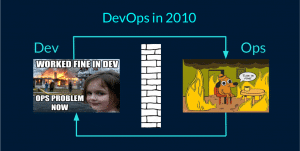
While some people felt the problem was the Ops team. Here, NoOps was a thing. This misconception came from thinking that the Ops team didn’t care about users because the Ops team didn’t want to release the new features fast enough. As a result, more and more typical Ops tasks like backup, monitoring or cost management were outsourced to developers. At a certain point, these additional tasks became too much for the dev team, which some developers were also unhappy with.
Focus on Team Health
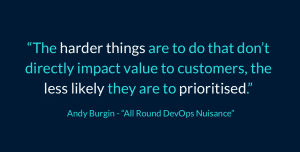
Here you have to pay more attention to HumanOps again to focus on the health of the team.
Just like the old ways of splitting everything into silos, the NoOps approach was the wrong way to go. Here, it’s important to use mixed teams with a product-owner mentality for the different layers. Each team is responsible for delivering the best possible experience for their users.
Hannah also touched on how important the proper site reliabitily is and how it can impact the team. With a 99% reliability over 28 days, you have 400 minutes, enough time for manual intervention. The larger the reliability, the less time and more stress the team has until only automatic interventions are possible to stay within the time. Here, no human can react fast enough.
On Site Realiability
But 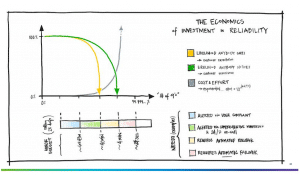
You also have to decide how to allocate this downtime at each level – the closer you are to the physical hardware, the lower the downtime needs to be.
Whereas site reliability should not be a single responsibility, this is where all teams need to work together.
Finally, Hannah explained the security aspects that need to be considered with software. Bugs like Log4Shell can be avoided with the right security mindset. An open culture is important here, where you can also discuss and criticize your own concept.
When creating the security concept, you should also consider the people who implement the measures as well as how to automate it. Some security aspects should also not be carried out by individual teams alone, but across entire teams. You can avoid a strong leftward slide towards the dev team with this and still not work in isolated silos if you have a user-centric focus with it and pay attention to the people in the process.
That was just a short summary of Hannah Foxwell’s talk at stackconf 2022. You can watch her full talk on our YouTube Channel.
I’m already looking forward to the talks at the next stackconf and the opportunity to share thoughts and experiences with a wide variety of cool people there.
Take a look at our conference website to learn more about stackconf, check out the archives and register for our newsletter to stay tuned!

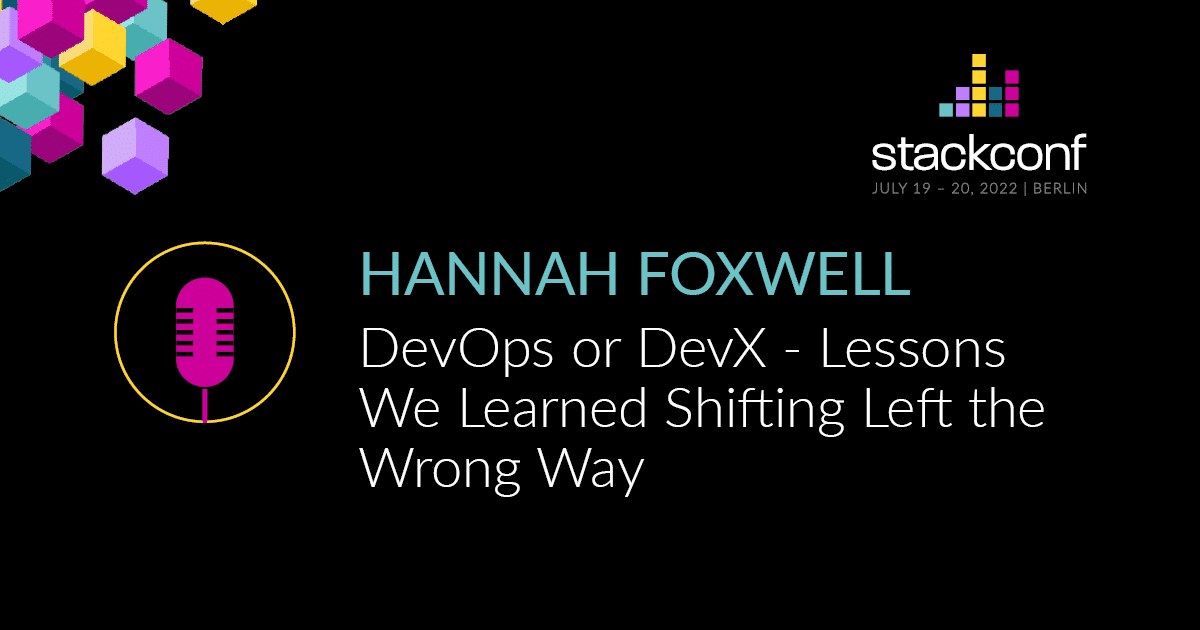





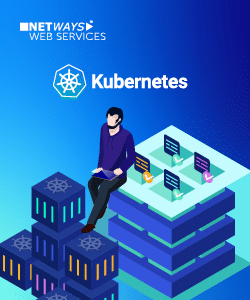
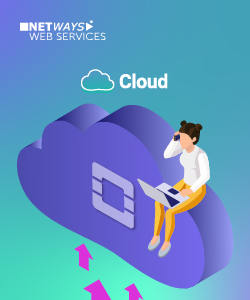
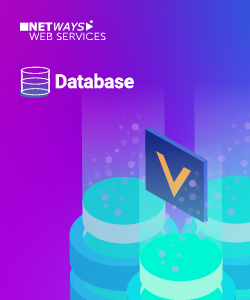
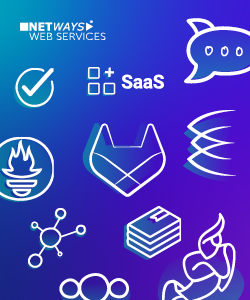
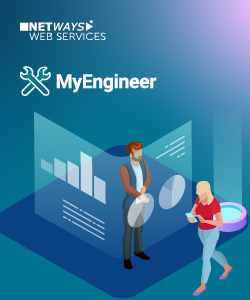
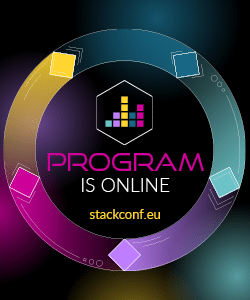


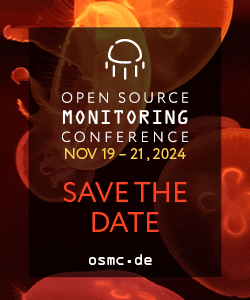



0 Comments